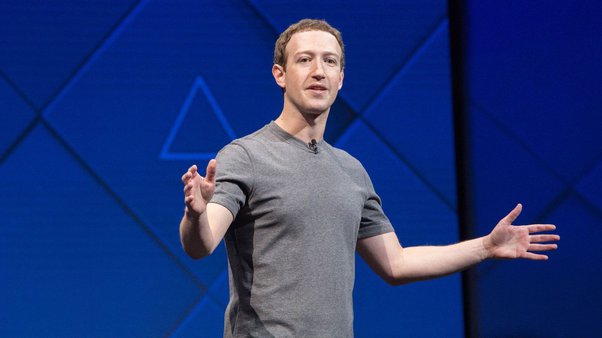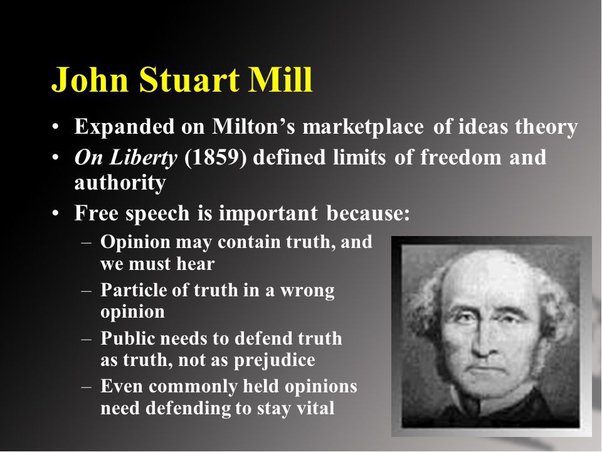In which Franklin ventures an unpopular opinion.
Okay, so we live in a time when the word ‘Orwellian’ is used rather a lot, often by people who clearly haven’t read any Orwell. (“The liberals don’t want to shop at Hobby Lobby! That’s so Orwellian!” “That dude got fired for going to a Nazi rally That’s so Orwellian!” No. No, it isn’t.)
But I’m going to offer a hot take, which is that Nineteen Eighty-Four hasn’t aged particularly well. I’ll even go further: the ideas in it don’t map well onto modern society, current political events notwithstanding.

Yes, yes, I know, it’s a literary classic. Yes, yes, I know, lots of people say it’s more relevant today than ever.
I disagree—not because I think everything now is all sunshine and roses, but because Orwell wrote from a specific place and time, with a particular set of assumptions, and as a result the dystopia he imagined isn’t the dystopia we got.
Orwell envisioned a future of old-school authoritarian totalitarianism, very much rooted in Post-WWII geopolitics, where totalitarians looked like Joseph Stalin and government enforcement looked like the East German Stasi.

Who would’ve guessed the real Big Brother would be a weedy computer nerd with poor social skills in a cheap T-shirt?
He projected his ideas about authoritarianism onto the technology of the day, imagining TV sets broadcasting State propaganda, and cameras in every room sending images back to the State apparatus.
He never imagined a pervasive Panopticon might just as easily be turned against the State. In an age where we all carry cameras with us everywhere we go, corruption and police brutality can be recorded and exposed.
He also could not imagine a society where common communications media were anything other than top-down—he was still trapped in a broadcast-television mindset, where content creation was centralized and transmitted out to the population.
We live in a much more decentralized world, a world where citizens are empowered in ways that Orwell couldn’t (and didn’t) imagine. Because of that, his vision feels very old-school, very Grandpa’s Dictatorship.

Who would’ve guessed the real Big Brother would be a weedy computer nerd with poor social skills in a cheap T-shirt?
It turns out—surprise!—that everyone in the 40s and 50s was 100% wrong about how societies work.The free and vigorous exchange of ideas doesn’t mean that good ideas rise to the top. Giving everyone instantaneous access to the world’s sum total of facts and knowledge doesn’t lead to a more enlightened society. Instant, unfettered worldwide communication doesn’t break down barriers, erode prejudice, promote egalitarianism, or increase understanding.
It took a long time for me to wrap my head around this. I was one of those naive optimists, back in the era before a pervasive Internet. Turns out that shit doesn’t happen. All the optimistic forward thinkers from the 1940s through the 1990s were utterly, 100% wrong.

Ah HA ha ha ha ha! Good one! Now pull my other leg, Mr. Mill!
Dystopia is here, but it isn’t Grandpa’s “boot stamping on a human face forever.” That’s so last-century.Today’s authoritarianism is agile, data-driven, shaped by analytics and A/B testing, tested with focus groups, refined with demographic polling, all of it carefully tailored for different market segments.
Todays doublethink and thoughtcrime aren’t engineered by the Ministry of Truth and pushed out by the police apparatus. They’re crowdsourced, enshrined in tribal identity politics, and enforced by the Twitter rage generator and the 4chan hate machine. Offenders aren’t whisked away for extraordinary rendition; instead, the rage of the internet is summoned upon perceived offenders, anyone who appears to support perceived offenders, anyone standing too close to perceived offenders.

In this dystopia, narratives matter more than facts, secret courts are replaced by the court of public opinion, and we don’t need the Stasi to enforce this because we enforce it on ourselves.
George Orwell was right that the impulse toward authoritarianism is written deep in the social DNA of Western societies, he was just wrong that authoritarianism is always top-down. Turns out, paradoxically, it’s often bottom-up.He thought government would need to control our speech and our thought to control us.
Nope.
Give us unfettered communication and unlimited access to knowledge and we’ll do it ourselves.
In this post-fact dystopia, the government doesn’t create our reality, we choose the reality that best appeals to our biases and prejudices. Knowledge? That’s, like, just another opinion, man!
